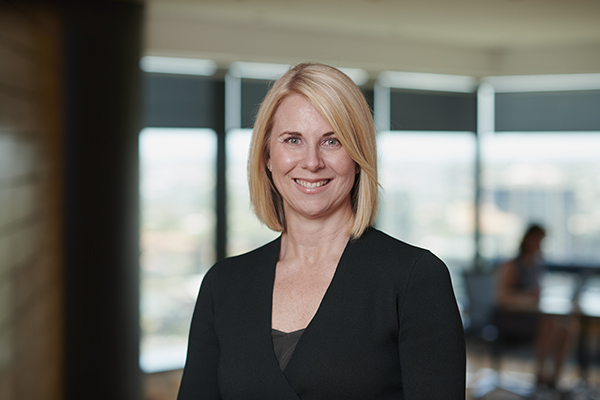Opening his Budget 2021-22 speech, Treasurer John Frydenberg announced 'Australia is coming back….in the face of a once in a century pandemic, the Australian spirit has shone through…this is Team Australia at its best!'
The Morrison Government tonight unveiled its plan for guaranteeing essential services, with record spending and investment in aged care, mental health and disability. Whilst the aged care sector continues to await the Government's much anticipated 'comprehensive response' to the Royal Commission's Final Report, tonight's Budget delivered record funding of $17.7B in 'targeted and practical new funding' over four years to 'significantly improve the system'.
We have collated the key take-outs from the Treasurer's Budget speech, the Budget 2021-22 Papers and the Prime Minister's media release which responds, in part, to the Royal Commission's 148 recommendations, through Government's 'five year, five pillar' reform plan:
Residential aged care and home care
- $7.8B to improve the quality, safety and sustainability of residential aged care services
- an increase to the Basic Daily Fee of $10 per resident per day, in addition to interim funding to continue to support residential aged care from 1 July 2021
- an additional $74.8M to fund enhanced training and specialist advisory services for people living with dementia
- a retention bonus to 'keep more nurses in aged care'
- from 1 July 2022, residential aged care providers will be required to report and publish staffing minutes for each facility on MyAgedCare. Providers will also be required to report to residents and their families on care delivered
- from 1 October 2023, residential aged care providers will be required to deliver an average of 200 care minutes per resident per day
- from 1 July 2024, residential care funding will be assigned to consumers – not providers – focussed on improving transparency and giving older Australians more choice and control
- $6.5B to deliver an additional 80,000 Home Care Packages, bringing the total to 275,000 packages
- increasing access to respite services with a funding commitment of $798.3M
- $21.1M to establish new arrangements to provider greater independent oversight of the aged care system, with an independent pricing authority to support implementation of the new funding model
- additional funding of $301.3M to increase the capability and capacity of the Aged Care Quality and Safety Commission
- the Government has stated that as part of these reforms, a new Aged Care Act will replace the Aged Care Act 1997 and the Aged Care Quality and Safety Commission Act 2018
- there will be greater access to GP-led care, with an additional $365.7M to enhance primary care for older Australians
- $630.2M to support Aboriginal and Torres Strait Islander people and special needs groups, as well as those in regional, rural and remote communities to access aged care services. This will include delivering upgrades to aged care infrastructure and establishing an Indigenous workforce to assist Aboriginal and Torres Strait Islander people better navigate aged care and disability care services
- $200.1M to support 'informed choices' though the introduction of a star-rating system on MyAgedCare and expansion of the Serious Incident Response Scheme to home care
Disability
- An additional $13.2B over four years to ensure the NDIS continues to provide support for people with significant and permanent disability
- $17.9M over four years for early intervention to support young children with disability to establish early support networks
Healthcare
- Funding of $2.3B over four years for mental health and suicide prevention, with a focus on early intervention. There will be greater access to treatment through enhancements of the headspace centre network, funding to support Australians with eating disorders, including funding to establish a National Eating Disorder Research Centre and a range of Medicare-rebated therapy options
- $878.7M for new and amended PBS funding including medicine to treat chronic migraine, breast cancer, asthma, lung cancer and osteoporosis
- $16.6M in new funding for women's health services
- funding to ensure better access to quality medical services, with incentives for rural/remote doctors
This update is necessarily high level and does not delve into the detail of the Government's comprehensive response to the Final Report through its 'five year, five pillar' reform plan. The Prime Minister's media release delivered late this evening, states that the Government has accepted, in principle, 126 of the 148 recommendations.






